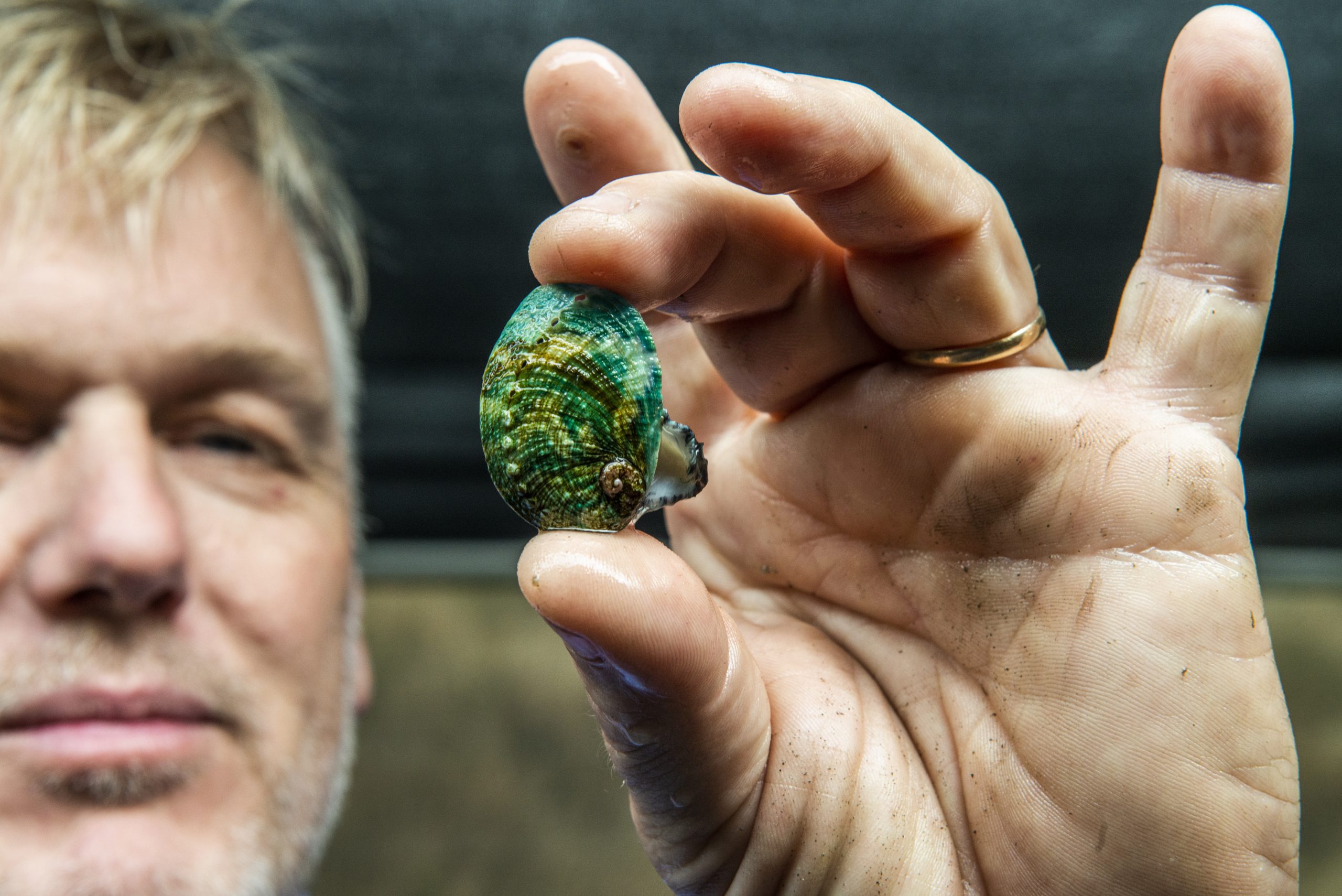In a transformative partnership that began in 2003, Jade Tiger Abalone (formerly known as Great Southern Waters) joined forces with CSIRO, embarking on a ground breaking research and development journey. This enduring collaboration has thrived on the synergy of a diverse and dedicated team, with a primary objective to unravel the optimal breeding strategy for Jade Tiger Abalone, a unique and prized product.
The strategic commitment and investment made by Jade Tiger Abalone led to the creation and promotion of the Jade Tiger Abalone – a distinctive hybrid born from the Greenlip and Blacklip species. Beyond the pursuit of this exclusive product, Jade Tiger Abalone recognizes the value of integrating traditional selective breeding principles and, in the future, advanced genetic tools to enhance commercial advantages from their stock.
The partnership with CSIRO operates through its National Research Food Futures Flagship, leveraging the combined expertise and skills from various CSIRO Divisions to drive industry-based projects.
Developing a breeding strategy for Jade Tiger Abalone posed challenges due to the complex genetic theory and practical aspects of hybrid breeding between species. The initial priority was to establish self-sufficiency in developing a domesticated breeding population, minimizing reliance on the collection of wild broodstock and mitigating biosecurity risks.
Fundamental questions guided the formulation of Jade Tiger Abalone’s breeding strategy, such as whether a high-performing blacklip or greenlip individual would produce a high-performing hybrid offspring. The answers to these questions influenced the scale and scope of the breeding program, determining whether Jade Tiger Abalone would manage two breeding populations (greenlip and blacklip) or consolidate into a single population (Jade Tiger).
The culmination of four years of dedicated research spawnings occurred in 2009, marking a significant milestone for Jade Tiger Abalone. The outcomes included four research cohorts featuring 50 maternal blacklip families, 50 maternal hybrid families, 50 paternal greenlip families, and 50 paternal hybrid families. These cohorts are currently progressing through various stages of growout and assessment.
A key aspect of the assessment involves the application of DNA markers to identify the pedigree of individuals within the maternal and paternal families, ensuring a comprehensive understanding of the genetic makeup.
Jade Tiger Abalone has remained at the forefront of innovation, undertaking commercial spawning for the past three years with domestically bred broodstock selected based on their genetic merit or estimated breeding value (EBV). This commitment to excellence underscores Jade Tiger Abalone’s dedication to producing high-quality, genetically superior abalone.
As we look to the future, it’s noteworthy that the CSIRO program, which laid the foundation for Jade Tiger Abalone’s success, continues to mature and undergo regular quality checks. In 2024, Jade Tiger Abalone proudly stands as the only abalone farm in Australia with such a comprehensive program, ensuring that our abalone consistently achieves the highest standards of quality.


